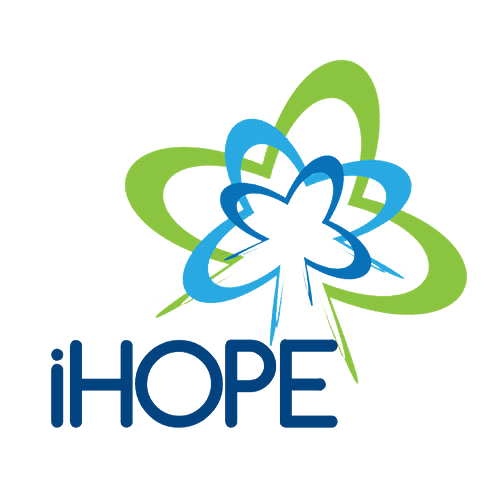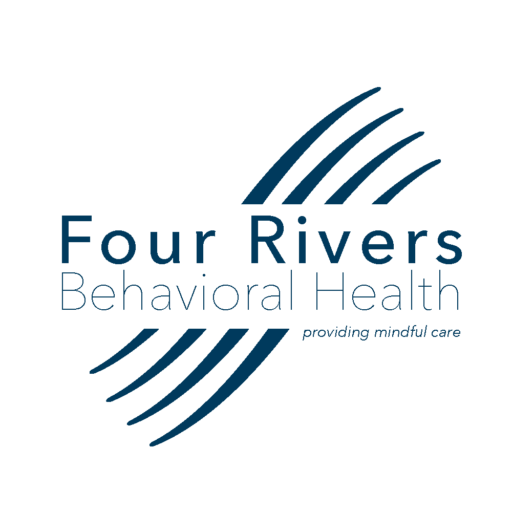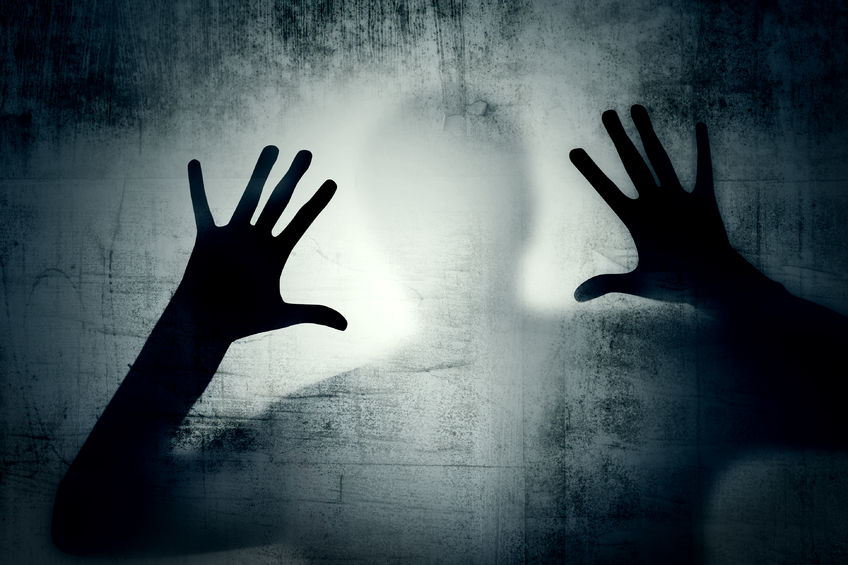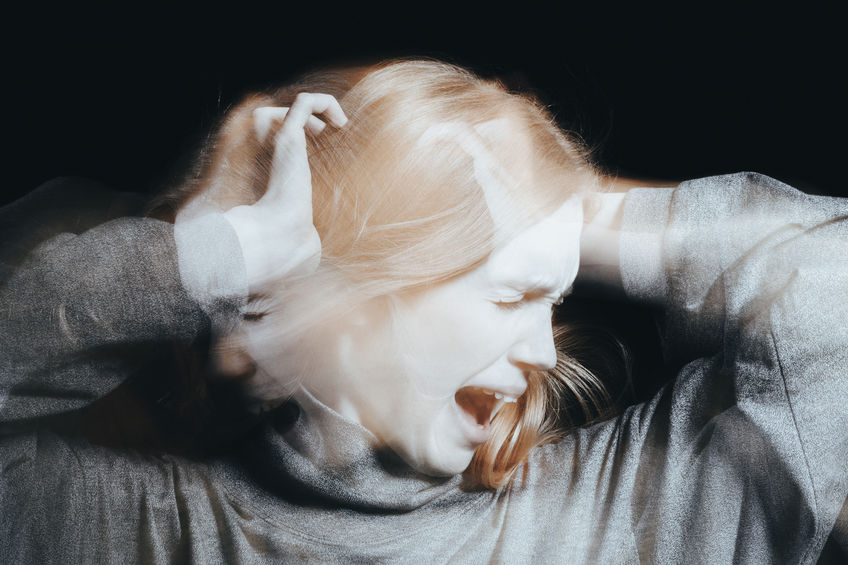Leading Young People with Early Signs of Psychosis to Their Best Life Path

Early intervention is key to helping adolescents and young adults deal with psychosis. Early treatment is very effective and leads to a healthier life.

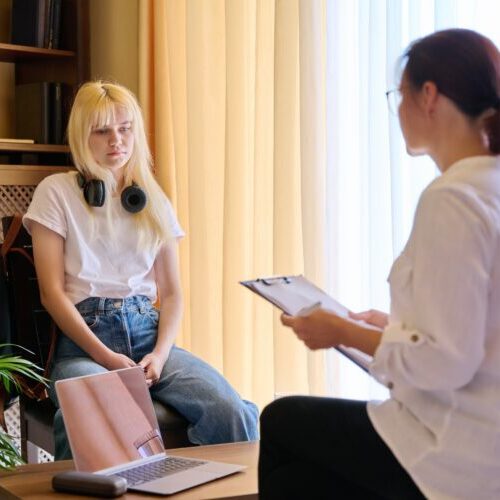




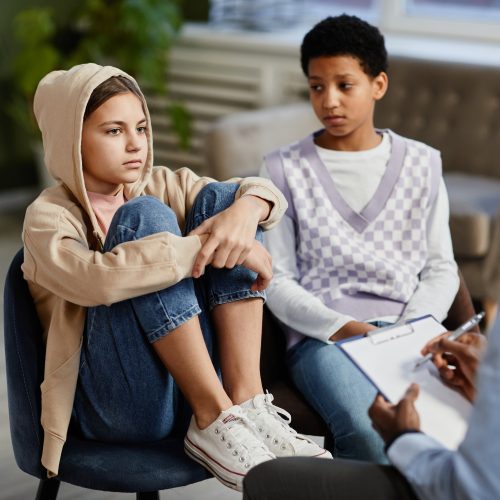



What is iHope?
The iHope Program, spearheaded by Four Rivers Behavioral Health, is your companion in navigating early-onset psychosis. Offering a compassionate approach to treatment for adolescents, young adults, and their families.
Why iHope?
- Maintain Identity: Preserve your uniqueness and personal values through our holistic care.
- Advocacy: Learn to advocate for your own well-being.
- Avoid Hospitalization: Early intervention can often circumvent the need for hospitalization.





Navigating Psychosis
Understanding, Identifying, and Addressing Early Symptoms
Symptoms of Psychosis
- Hallucinations
- Delusions
- Cognitive and sensory
- problems
- Speech and movement difficulties
- Inability to tell what’s real from what isn’t.
Psychosis most often occurs for the first time between the ages of 15 and 25.
Occurrence and Causes
Every year, around 100,000 adolescents and young adults in the U.S. will experience their first psychotic episode.
Some of the causes of psychosis can include a genetic vulnerability, head trauma, brain tumors, drug use, severe stress, sleep deprivation, medical conditions and other causes.
Treatment
Early intervention is key to helping adolescents and young adults deal with psychosis. Early
treatment is very effective and leads to a healthier life.
School failures become school successes and the risk of suicide, accidental death or harm are greatly diminished.
News & Articles
Follow our articles and engage with a community who understands. Together, we’re on a journey toward better mental health and a happier life!
